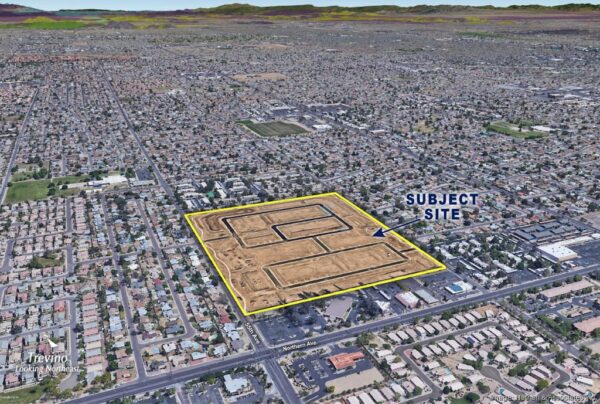Former Attorney General Terry Goddard said the so-called “dark money” measure would bring accountability to campaign spending, and perhaps dial down the nastine ss in campaigns. || Gage Skidmore
By Mary Jo Pitzl || The Arizona Republic
Two progressive-leaning measures that would increase debt protection and require transparency in campaign finance have qualified for the fall ballot after tense, down-to-the-wire legal battles.
A third measure, which seeks to expand voting access, is in an overtime legal fight that will roll into Friday.
The two measures will join eight other matters lawmakers referred to the Nov. 8 ballot. Their provisions — to shield more of Arizonans’ debt from collectors and to require disclosure of campaign spending that currently is kept secret — could boost voter turnout.
This year’s mid-term election is full of reasons to vote, from competitive statewide races up and down the ballot to an electorate energized by the U.S. Supreme Court’s ruling that struck down federal abortion protections.
But the ballot measures, including the Free and Fair Elections Act, whose fate is still undecided, have candidates lining up on opposite sides, providing a sharp contrast as races from governor to secretary of state to Legislature proceed.
Early Thursday evening, the Supreme Court sent the elections initiative back to the trial court, asking Maricopa County Superior Court Judge Joseph Mikitish to effectively show his math when he ruled that the wide-ranging ballot proposal had the requisite 237,645 valid voter signatures to qualify for the ballot. The court gave Mikitish an 11 a.m. Friday deadline to respond and set a 1 p.m. deadline for the opposing parties to file any briefs to address the controversy.
The Secretary of State’s Office had said that all ballot measures had to be resolved by 5 p.m. Thursday, given the time needed to prepare and print ballots. It is unclear if the Supreme Court’s order overrides that deadline.
Mikitish earlier Thursday determined the measure qualified for the ballot, which led the Free Enterprise Club to again appeal to the Supreme Court, arguing there were problems in how the signatures were counted.
All three ballot measures were fought by conservative groups such as the Arizona Free Enterprise Club, the Goldwater Institute, the Center for Arizona Policy, and Americans for Prosperity, a dark-money nonprofit started by the Koch Brothers.
And all three initiatives were argued up to the state Supreme Court, which rejected many of the technical arguments that opponents cited.
Added to the eight propositions placed on the ballot by lawmakers, the November ballot thus far will have 10 measures for voters to decide, from proof of ID for mail-in ballots to whether to allow in-state college tuition for immigrants and whether Arizona should create a lieutenant governor position.
That makes 2022 the busiest ballot year for propositions since 2006, when voters decided 19 ballot questions.












